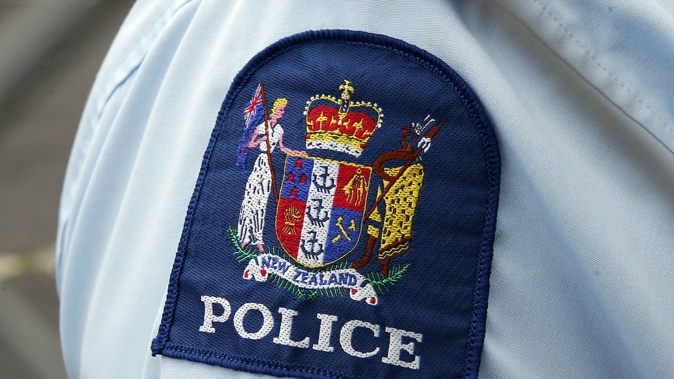
The Auckland police officer accused of lying in the witness box during a trial can now be named.
He is Constable James Phillip Cox, accused of perjuring himself during a trial the North Shore District Court in January 2023.
Court documents show police allege the officer falsely claimed he was qualified and certified to conduct road policing activities using a radar device.
He pleaded not guilty to the charge of perjury, carrying a maximum penalty of seven years imprisonment, and is set to stand trial on August 19.
Judge David Sharp declined his application for continuing name suppression until trial at a hearing on May 2, but allowed him to keep his name under wraps for a further two weeks to allow his lawyer Todd Simmonds time to file an appeal.
No appeal was filed, meaning he can now be named.
Simmonds argued publication of Cox’s name at this stage in the prosecution could compromise his position in the community and his secondary employment at a health and safety consultancy business. He is on paid leave from the police pending the outcome of the trial.
Cox is a senior member of a volunteer fire brigade in north Auckland.
“His concern that publication of his name in the context of this prosecution would be likely to compromise his position in that brigade,” Simmonds said.

The officer is accused of lying under oath during a trial at the North Shore District Court last year.
Simmonds submitted Cox had also described the negative impact publication of his name would have on his mental health.
Defendants are routinely granted name suppression at first appearances if sought, as they only need to show they have an arguable case.
The threshold becomes higher at subsequent appearances when the accused must generally show they would suffer extreme hardship if named.
Other grounds for name suppression include to protect fair trial rights or protect someone’s safety. Simmonds argued the threshold for extreme hardship was met.
“I’m inviting your honour, possibly by a fine margin to conclude, noting Mr Cox’s occupation, that the test was met here,” Simmonds said.
Prosecutor Conrad Purdon, representing police, opposed the application for continuing suppression. He said there was insufficient evidence to suggest he would lose his secondary employment if named.
Judge Sharp said the application fell short of the high test required for extreme hardship.
“Open justice is a principle which is to be respected.”
George Block is an Auckland-based reporter with a focus on police, the courts, prisons and defence. He joined the Herald in 2022 and has previously worked at Stuff in Auckland and the Otago Daily Times in Dunedin.
Take your Radio, Podcasts and Music with you









